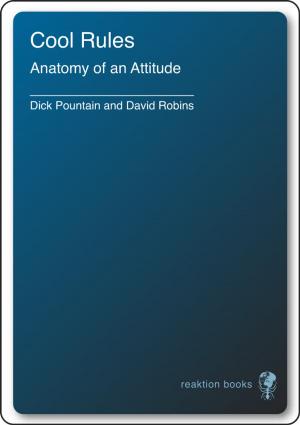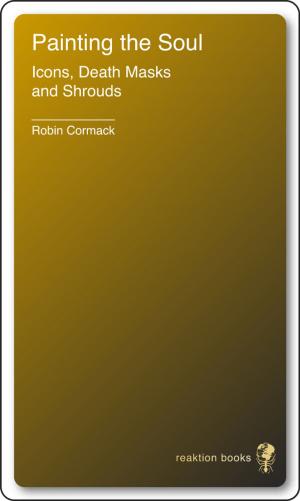Turkish Cinema
Identity, Distance and Belonging
Nonfiction, Entertainment, Film, History & Criticism, Performing Arts| Author: | Gönül Dönmez-Colin | ISBN: | 9781861895837 |
| Publisher: | Reaktion Books | Publication: | November 15, 2008 |
| Imprint: | Reaktion Books | Language: | English |
| Author: | Gönül Dönmez-Colin |
| ISBN: | 9781861895837 |
| Publisher: | Reaktion Books |
| Publication: | November 15, 2008 |
| Imprint: | Reaktion Books |
| Language: | English |
Films often act as a prism that refracts the issues facing a nation, and Turkish cinema in particular serves to encapsulate the cultural and social turmoil of modern-day Turkey. Acclaimed film scholar Gönül Dönmez-Colin examines here the way that national cinema reveals the Turkish quest for a modern identity.
Marked by continually shifting ethnic demographics, politics, and geographic borders, Turkish society struggles to reconcile modern attitudes with traditional morals and centuries-old customs. Dönmez-Colin examines how contemporary Turkish filmmakers address this struggle in their cinematic works, positing that their films revolve around ideas of migration and exile, and give voice to previously subsumed “denied identities” such as that of the Kurds. Turkish Cinema also crucially examines how these films confront taboo subjects such as homosexuality, incest, and honor killings, issues that have only become viable subjects of discussion in the new generation of Turkish citizens.
A deftly written and thought-provoking study, Turkish Cinema will be invaluable for scholars of Middle East studies and cinephiles alike.
Films often act as a prism that refracts the issues facing a nation, and Turkish cinema in particular serves to encapsulate the cultural and social turmoil of modern-day Turkey. Acclaimed film scholar Gönül Dönmez-Colin examines here the way that national cinema reveals the Turkish quest for a modern identity.
Marked by continually shifting ethnic demographics, politics, and geographic borders, Turkish society struggles to reconcile modern attitudes with traditional morals and centuries-old customs. Dönmez-Colin examines how contemporary Turkish filmmakers address this struggle in their cinematic works, positing that their films revolve around ideas of migration and exile, and give voice to previously subsumed “denied identities” such as that of the Kurds. Turkish Cinema also crucially examines how these films confront taboo subjects such as homosexuality, incest, and honor killings, issues that have only become viable subjects of discussion in the new generation of Turkish citizens.
A deftly written and thought-provoking study, Turkish Cinema will be invaluable for scholars of Middle East studies and cinephiles alike.















